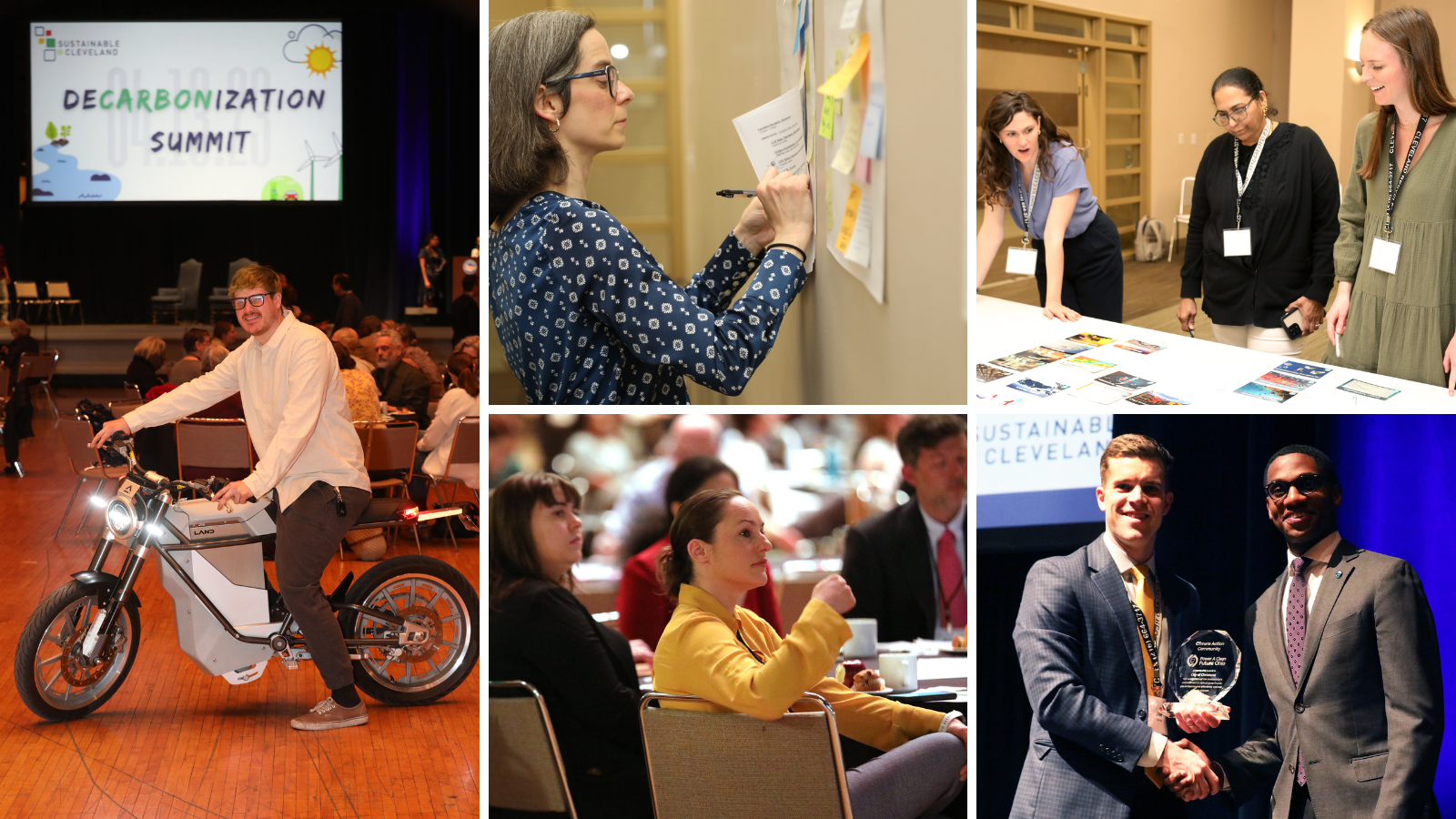On Thursday, April 13, 2023, the City of Cleveland, SDSN, and the Cleveland Foundation held the city’s first Decarbonization Summit to discuss pathways for reducing the city’s carbon emission levels. The event featured remarks from the city government, including Mayor Justin Bibb, Director of Sustainability and Climate Justice for the City of Cleveland, Sarah O'Keeffe, , as well as SDSN President and Columbia University Professor Jeffrey Sachs and SDSN USA Co-chair and UC San Diego Associate Professor Gordon McCord, alongside local stakeholders in education, advocacy, and students.
The Summit objectives included:
Advance Decarbonization and Just Energy Transition in Cleveland;
Re-engage and build upon a local coalition convened through previous City of Cleveland climate action planning efforts to support decarbonization and identify clear next steps to pivot decarbonization commitments into action through clear recommendations;
Facilitate information sharing, networking, and coordination on greenhouse gas emissions reduction activities in Cleveland, Ohio, and the region;
Identify structural challenges and opportunities to address the four tenets of energy justice and sustainability as outlined in the Department of Energy’s Justice40 Initiative;
Showcase Cleveland as a global front-runner in examining decarbonization of key economic and employment sectors.
Springboard the evolution of Cleveland’s highly community informed Climate Action Plan to further embody science-based decarbonization actions and long-term goals.
To mobilize progress on these objectives, the afternoon session of the Summit consisted of technical sessions across four sectors: Energy, Buildings, Climate Change 101, and Transportation. Participants in each session represented organizations with particular relevance to that sector. Preliminary modeling results were presented, followed by active discussion around the challenges and opportunities for decarbonization unique to the sector. The discussions and modeling will inform an update to the City’s Climate Action Plan (CAP), and further development of decarbonization implementation pathways.
On the following day, SDSN USA hosted a meetup of Greater Cleveland Universities, in partnership with Cleveland State University (CSU), Case Western Reserve University (CWRU), and the Cleveland Foundation. Faculty, students, and sustainability officers with interest in or focus on the UN Sustainable Development Goals (SDGs) and decarbonization gathered at CSU to discuss their capacity and interest to support the City in the pursuit of a sustainable future.
Meeting objectives included:
Supporting and sharing Cleveland’s decarbonization and SDG activities;
Providing the opportunity for networking and knowledge sharing; and
Raising awareness of SDGs, decarbonization, and SDSN USA and activities across regional universities.
During the conversation, a number of themes emerged:
There is a need for more exchange between disciplines
Academia has a unique role to play in regional sustainability and decarbonization, and can work across jurisdictions
Consensus-based priority setting, not starting from a scarcity mindset
Projects should be democratic, grounded (not abstract), and local
There is technical capacity at local institutions to support on decarbonization modeling
Students can and should be employed to contribute where possible
Various initiatives were discussed that showcased the elaborate network of local experts already supporting SDG & decarbonization efforts.Ongoing efforts are underway to mobilize this group in a potential regional decarbonization pathways project, as was mobilized under the leadership of SDSN USA member UC San Diego.
This event was organized by SDSN USA, in partnership with Case Western Reserve University, Cleveland State University, and the Cleveland Foundation. We would like to acknowledge and thank Grant Goodrich, Elena Crete, Deepa Vedavyas, Roland Anglin, Jennifer McMillin, Sarah O’Keefe, Gordon McCord, Helen Bond, and Steve Antol for contributing their vision, agenda, thought leadership, and participation in this event.

